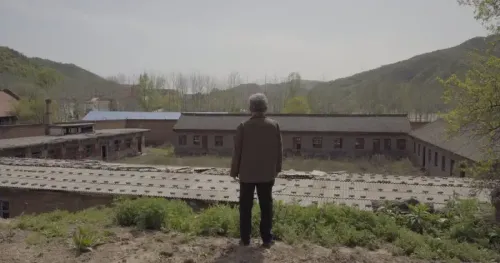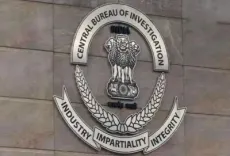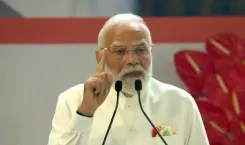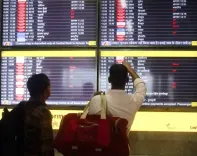Will the SC's order for Bengal to pay 25% DA dues burden the state exchequer by around Rs 12,000 crore?
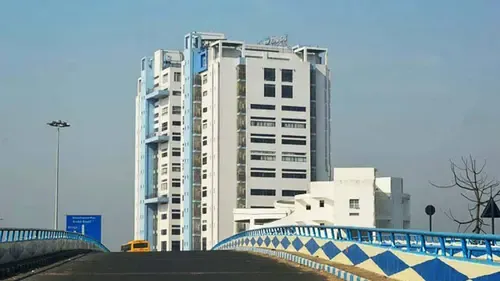
Synopsis
Key Takeaways
- The Supreme Court has mandated a payment of 25% pending DA dues by the West Bengal government.
- This could lead to an outflow of approximately Rs 12,000 crore.
- The current DA rate for West Bengal employees is significantly lower than that of Union government employees.
- Concerns have been raised regarding the impact on welfare schemes.
- The political landscape is tense, with strong reactions from both the ruling party and the opposition.
Kolkata, May 16 (NationPress) The recent ruling by the Supreme Court mandating the West Bengal government to settle 25 percent of the outstanding dearness allowance dues within the next four weeks is expected to lead to a significant outflow of approximately Rs 12,000 crore, according to preliminary assessments from officials in the state's Finance Department.
This directive was issued by a division bench comprised of Justice Sanjay Karol and Justice Manoj Mishra.
At present, West Bengal government employees are granted dearness allowances at a rate of merely 18 percent, compared to the 55 percent received by their peers in the Union government and several other state administrations.
Officials from the Finance Department have expressed concerns that this financial outflow could also affect certain monthly disbursements related to various welfare initiatives managed by the state.
As of the time this report was compiled, neither the state government nor the Chief Minister had publicly commented on the Supreme Court's ruling.
In contrast, the opposition BJP has warmly embraced the Supreme Court's order, labeling it a triumph for the long-standing efforts of state government employees to receive their "legitimate dues," which they allege have been "unjustly withheld" by the state.
Amit Malviya, the Chief of the BJP's Information Technology Cell and the party's central observer for West Bengal, characterized the Supreme Court's decision as a significant win for both the state's employees and the BJP's local unit.
Malviya also noted that the Supreme Court had initially suggested that the state pay 50 percent of the dues.
However, senior advocate and Congress MP Abhishek Manu Singhvi, representing the Trinamool Congress-led state government, contended that the state lacks the financial capacity to make such a substantial payment all at once. He reportedly stated that such an action would "cripple" the state's finances. Malviya's statement highlighted that if only Mamata Banerjee and her close associates had not exploited the exchequer so brazenly, funds would have been available to pay the state government employees.
He further assured that his party would ensure that state government employees receive their rightful dues and that the Chief Minister would be held accountable.



